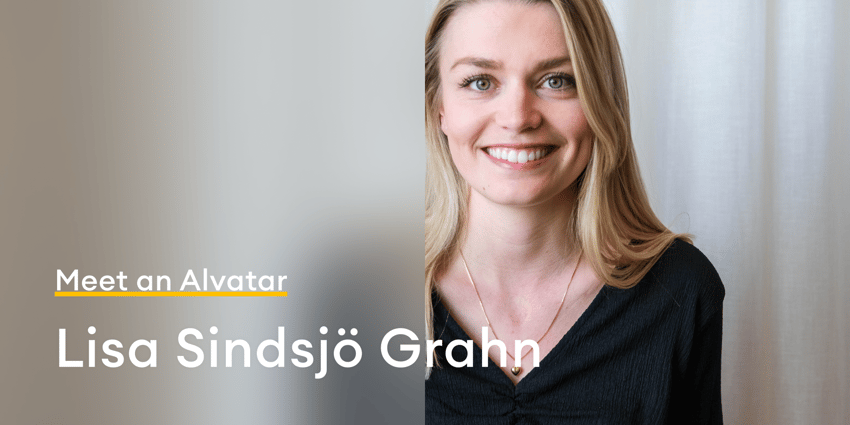What is AI?
Artificial Intelligence (AI) refers to the development of computer systems that can perform tasks that typically require human intelligence. These tasks include learning from data, reasoning, problem-solving, perception, and understanding natural language.
In the context of recruitment, AI can analyse candidate data, look for patterns, and then optimise decisions to improve the efficiency and effectiveness of the hiring process.
For example: hiring teams are using the generative AI language tool, ChatGPT, to create SEO-optimised job descriptions, develop interview questions, and compose candidate outreach copy.
How is AI good for recruitment?
AI enables recruiters to focus on high-value tasks by streamlining and automating processes such as interview scheduling, candidate screening, and communication.
Key benefits include:
Increased efficiency: AI-powered tools can automate repetitive and time-consuming tasks like CV screening, candidate matching, and scheduling interviews. This allows them to concentrate more on strategic activities like candidate engagement and relationship-building.
Improved candidate experience: AI-powered chatbots and virtual assistants offer 24/7 support to candidates, answering their questions and sharing feedback throughout the hiring process. Natural Language Processing technology can also offer personalised feedback to each candidate, helping cultivate a positive perception of a company's employer brand.
Data-driven decision making: AI-based tools like Alva's psychometric assessments, for instance, combine leading science in psychological measurements with advanced machine learning. Together, they form a platform for candidate assessment that allow for a more fair and efficient hiring process, helping teams objectively evaluate candidates.
Less bias, more objectivity: AI can help reduce unconscious bias in the hiring process by using objective criteria to evaluate candidates. This can help ensure that all candidates are assessed fairly based on their skills and qualifications.
Cost savings: By automating repetitive tasks and reducing the time to hire, AI can help companies save money on recruiting costs. AI can further help reduce employee turnover by identifying candidates more likely to succeed in a given role, thereby reducing the cost of replacing employees who leave.
How to use AI in recruitment
AI can be used in a number of ways in your recruitment process.
As a CV screening mechanism- Generative AI tools like ChatGPT can be used to analyse CVs and see what's written there. For instance, if you get 1,000 applications, you can read them and match candidate profiles to what you've written in your requirements list.
As an interview prop: You can use AI to transcribe interviews, helping you to refer back to your notes about candidates or, in some cases, even generate a list of interview questions using AI-based algorithms.
As a way to evaluate candidates- Say you have a highly technical interview to conduct, but you don't have a tech background. Some AI can generate solid tech questions, helping you to stay focused in the interview room and evaluate the criteria that matters.
As a way to search for candidates- In an already scarce talent market, it can feel challenging to source high-quality, unique talent. There are AI tools out there that help you search for candidates and scout the internet for what people have written in forums and social media. You can then create a list of attractive candidates to approach.
As a way to predict a candidate's potential- some psychometric assessments built with machine learning models can be used to evaluate candidates' role fit and predict how likely a candidate will succeed on the job.
As a way to reduce hiring bias- specific AI tools can help keep your job ads inclusive and quickly pinpoint if you're using troublesome language that excludes certain candidates from applying. Another way you can apply AI to your hiring is to anonymise information like gender, names, titles and education, freeing up your time to focus on a candidate's potential and skillsets instead.
As a way to enhance candidate engagement- Chatbots are on the rise, and the best part is that they operate 24/7, meaning they can quickly generate tailored responses. You don't have to keep candidates waiting for days or weeks for a reply.
Disadvantages of using AI for your hiring efforts
There are a few risks involved with using AI.
Namely:
Bias- AI can perpetuate bias in recruitment if it's not appropriately trained or programmed.
Lack of transparency- AI is still an unregulated field. It can be difficult to understand and even more challenging to convince company heads to jump aboard the AI train.
Data privacy and security- AI needs access to candidate data, which can be risky when it comes to compliance with data privacy and security.
Skills gap- AI tools require technical oversight to implement and manage. You need to ensure you have some people on your team who understand how to work with it.
Adverse impact- AI tools can accidentally encourage gaming of the system or lower candidate diversity.
How to choose the right AI tool
When analysing an AI tool for your hiring needs, consider the following factors:
Compatibility: Any tool you use should easily integrate with your existing tech stack and not interrupt your workflow but compliment it.
Functionality: Consider a tool's functionality and how it'll help you achieve your goals. For instance, if your goal is to answer every single application you receive, use a tool that will help you automate communications or a virtual assistant to address candidate questions.
Accuracy: Ultimately, you want a tool that enables you to make more accurate hiring decisions. Whether it's to identify top candidates, reduce bias, or improve the quality of hires, the tool should be accurate in its predictions and recommendations.
Transparency: You should be able to understand how the tool is making recommendations and predictions and be able to explain this to stakeholders, customers, candidates, hiring managers and the C-Suite.
Security and Privacy: The AI tool should be secure, protect candidate data privacy, and comply with all relevant data protection laws and regulations.
Vendor Support: You might get stuck using the tool at some point. This is why it's important to have access to support services, including training, implementation and ongoing help.
Cost: Always consider the return on investment when buying a new tool and whether the benefits outweigh the cost.
How will AI change the role of talent acquisition?
Rest assured, AI is unlikely to replace recruitment as a function. Rather, it can act as a useful prop, helping recruiters do their jobs better, faster, and more accurately. When used right, AI can serve as a company's trusted assistant, helping hiring teams evolve and stay focused on finding the right candidates.





